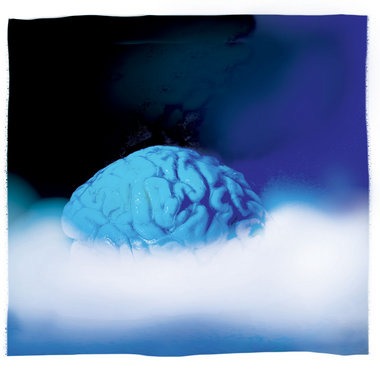Posts Tagged ‘neurophysiological’
Next: Tools to detect and treat “chemo brain” symptoms common in around 35% of breast cancer survivors
UCLA study reveals treatment for women with breast cancer suffering cognitive difficulties (HealthCanal): “UCLA researchers have developed a program that could improve the day-to-day lives of women with breast cancer by addressing post-treatment cognitive difficulties, sometimes known as “chemo brain,” which can affect up to 35 percent of women after their treatments
Read MoreTo develop personalized brain training that works, gather and analyze big data
— The Brain-Games Conundrum: Does Cognitive Training Really Sharpen the Mind? (Cerebrum): “…the issue of what does and doesn’t work is complex…The critical question is whether transfer of training occurs. Does extended practice of the trained games result in general perceptual and cognitive improvements that boost performance of meaningful, real-life tasks such as driving, remembering…
Read MoreNew Speakers, Sponsor, Partners, for SharpBrains Summit
Our inaugural SharpBrains Summit continues to grow momentum — here goes a quick update. New Speakers: Thomas M. Warden is Assistant Vice President and Leader of Allstate’s Research and Planning Center (ARPC). He helps sets ARPC’s research agenda and manage its execution by 60-member ARPC staff, leading the development of significant innovations that contribute to…
Read More

